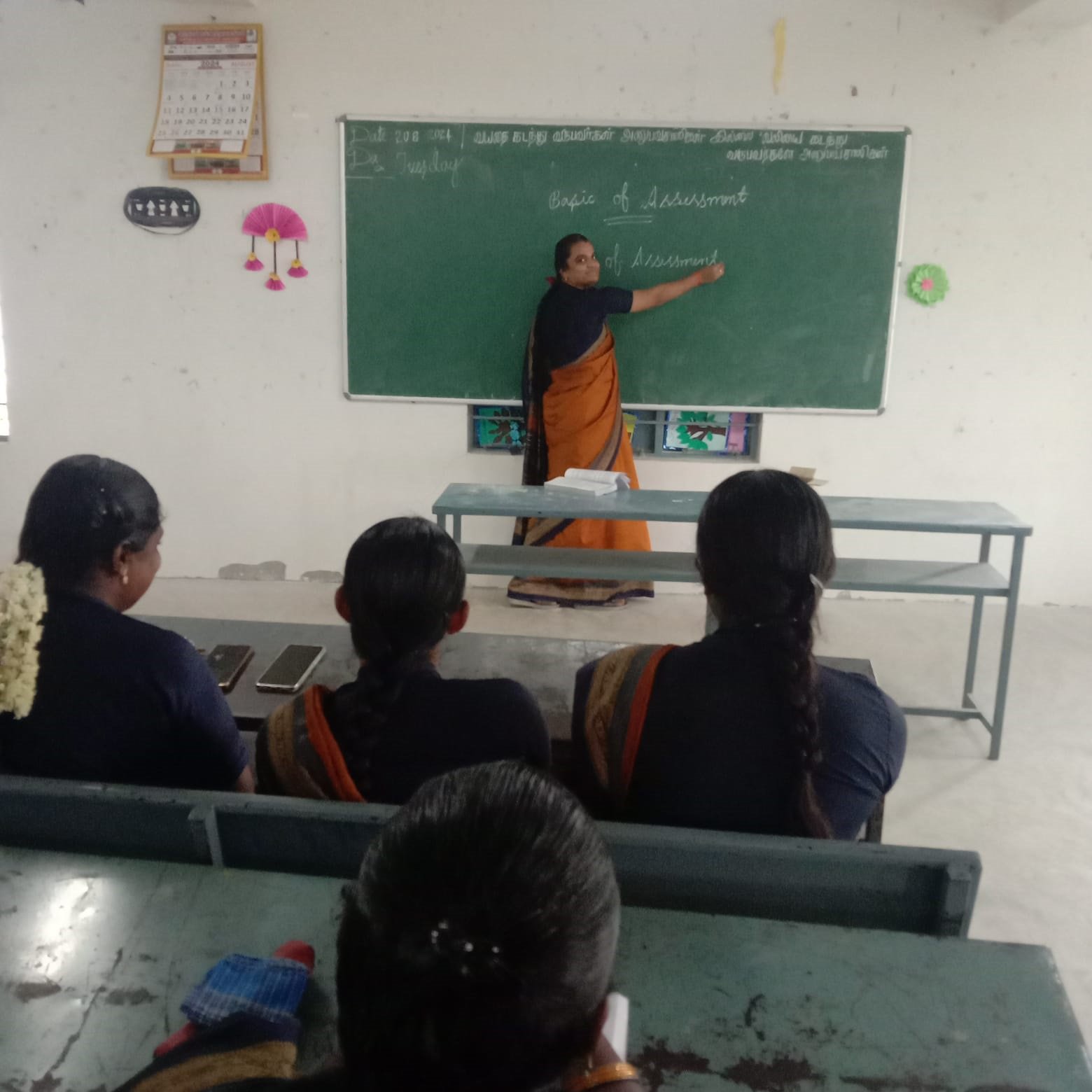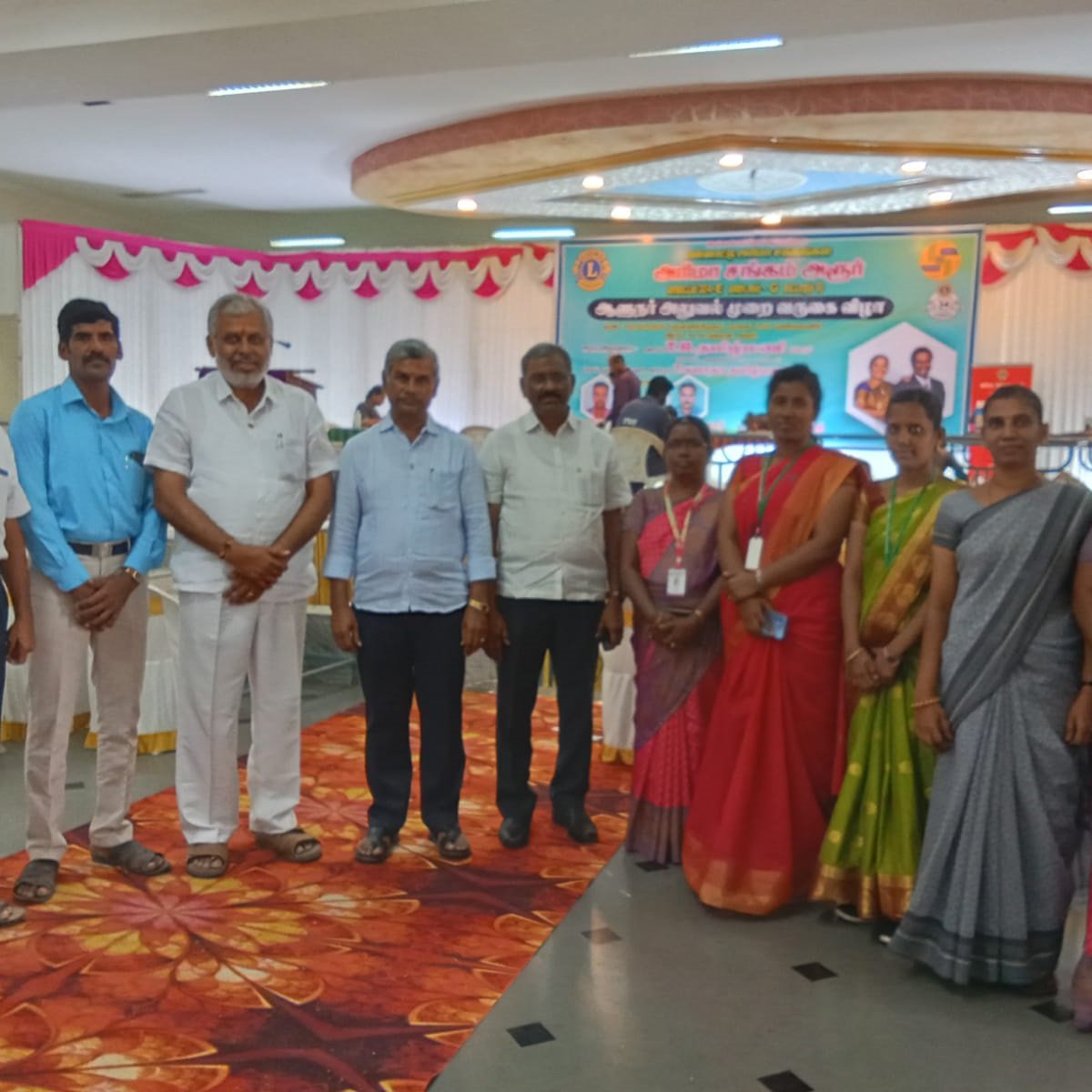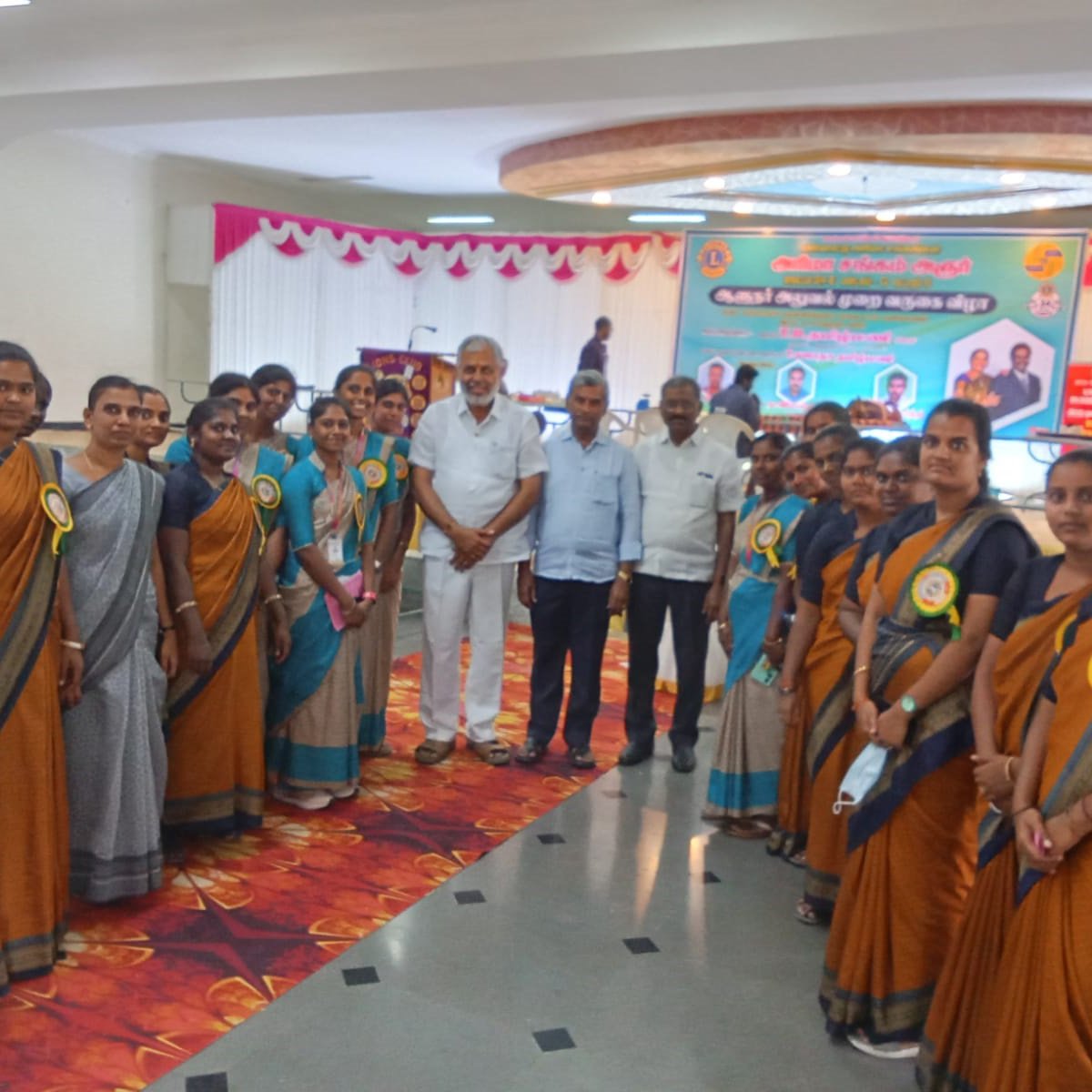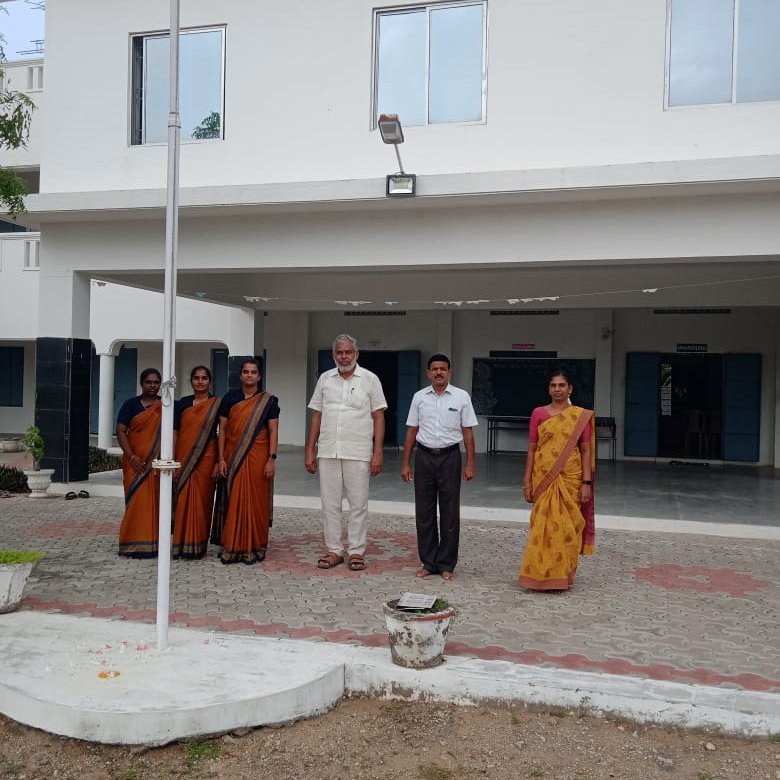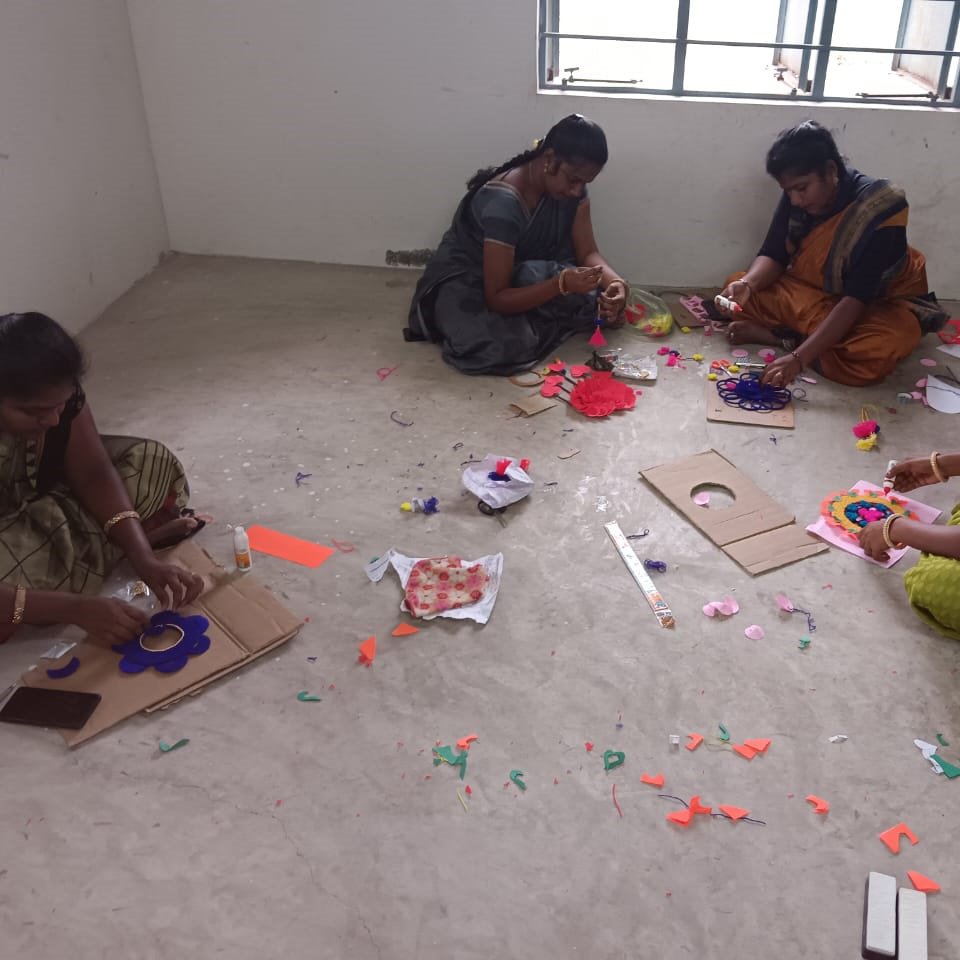
Academic
Eligibility for Admission to
the B.Ed. Programmes
Careers
Duration of the Programme
The B.Ed. programme is structured to span two academic years, divided into four semesters. Each semester consists of 100 working days, ensuring comprehensive coverage of the curriculum. A typical week comprises 36 hours of instruction spread over five or six working days, excluding examination periods and the admission process. This rigorous schedule ensures that the required amount of teaching hours and practical experience are met, equipping future teachers with both the theoretical knowledge and hands-on experience necessary for effective teaching. The programme is designed to provide an in-depth understanding of educational theories, teaching methodologies, and practical classroom management, preparing candidates to become skilled and competent educators.
The course integrates both academic coursework and practical training to ensure that the graduates are well-rounded professionals capable of addressing diverse educational challenges in the classroom. After completing a *Bachelor of Education (B.Ed.)* programme, graduates have a variety of career prospects in the field of education. The B.Ed. qualification is essential for those aspiring to become professional educators, but it also opens doors to many related roles. Below are some of the primary career prospects:
Primary School Teacher - Graduates can work as teachers in primary schools (grades 1-5), teaching foundational subjects.
Secondary School Teacher - With a B.Ed., you are qualified to teach at the secondary school level (grades 6-10), typically focusing on specific subjects like English, Mathematics, Science, or Social Studies.
Senior Secondary School Teacher - For those who meet the additional qualifications (such as a postgraduate degree), a B.Ed. allows teaching in senior secondary classes (grades 11-12).
Graduates can appear for * Teacher Eligibility Tests (TETs) * like the Central Teacher Eligibility Test (CTET) or state-level tests, which are required to secure teaching positions in government schools.
Opportunities in * Kendriya Vidyalayas (KVs), Navodaya Vidyalayas * and other state-run institutions.
Many private schools, including prestigious international schools, look for B.Ed. graduates with subject expertise and pedagogical skills.
Private schools often offer higher salaries and additional benefits compared to government positions.
With experience, B.Ed. graduates can move into administrative roles such as:
Vice-Principal or Principal - Overseeing the operations of the school and guiding educational standards.
Head of Department (HOD) - Leading a particular department (e.g., Mathematics, Science) in a school.
Academic Coordinator - Managing and coordinating academic programs and curriculum.
Graduates can become *Educational Consultants*, offering guidance to schools, teachers, and students on curriculum development, teaching strategies, and school management.
Consultants may also work with *educational technology firms* or *NGOs* focused on improving educational systems.
Setting up your own *private tutoring* service or working with educational coaching institutes that prepare students for competitive exams like JEE, NEET, or government service exams.
Online tutoring platforms offer another avenue for those who want flexibility.
Educational Content Developer - With the rise of e-learning platforms, B.Ed. graduates can work in developing textbooks, online courses, educational apps, or video tutorials. Content development can be for subjects across different educational levels.
As a *Corporate Trainer*, B.Ed. graduates can train professionals in various soft skills, communication skills, and leadership development. Many corporates hire trainers with a background in education to conduct workshops and professional development sessions.
Additional certifications in special education can open up careers in *special education*, working with children who have learning disabilities or special needs. These teachers are in demand in both regular schools and specialized institutions.
After completing a B.Ed., one can pursue further studies such as an *M.Ed. (Master of Education), M.Phil., or Ph.D.* in Education, which leads to roles in higher education as a professor, lecturer, or educational researcher.
There are opportunities to work in teacher training institutes and colleges of education.
B.Ed. graduates can work as career counselors or guidance counselors in schools, helping students navigate their academic and career choices, as well as providing emotional and psychological support.
Graduates can specialize in curriculum development or instructional design, working for educational boards, textbook publishers, or e-learning companies to create effective educational programs and resources.
For those interested in the broader aspects of education, a B.Ed. graduate can work as an *education policy analyst* with government agencies or research organizations, helping to shape education policies and reforms.
Graduates can work in the *non-profit sector*, with NGOs focused on education, literacy, and child development. Roles in curriculum development, training teachers in underprivileged areas, and improving rural education are common.
B.Ed. graduates with a passion for innovation can start their own educational ventures such as *schools, tutoring centers, or education startups*, creating unique learning solutions and services.
Overall, the B.Ed. programme equips individuals not only for a career in teaching but also for various roles in the educational ecosystem, from content development and consulting to administration and policy-making.

